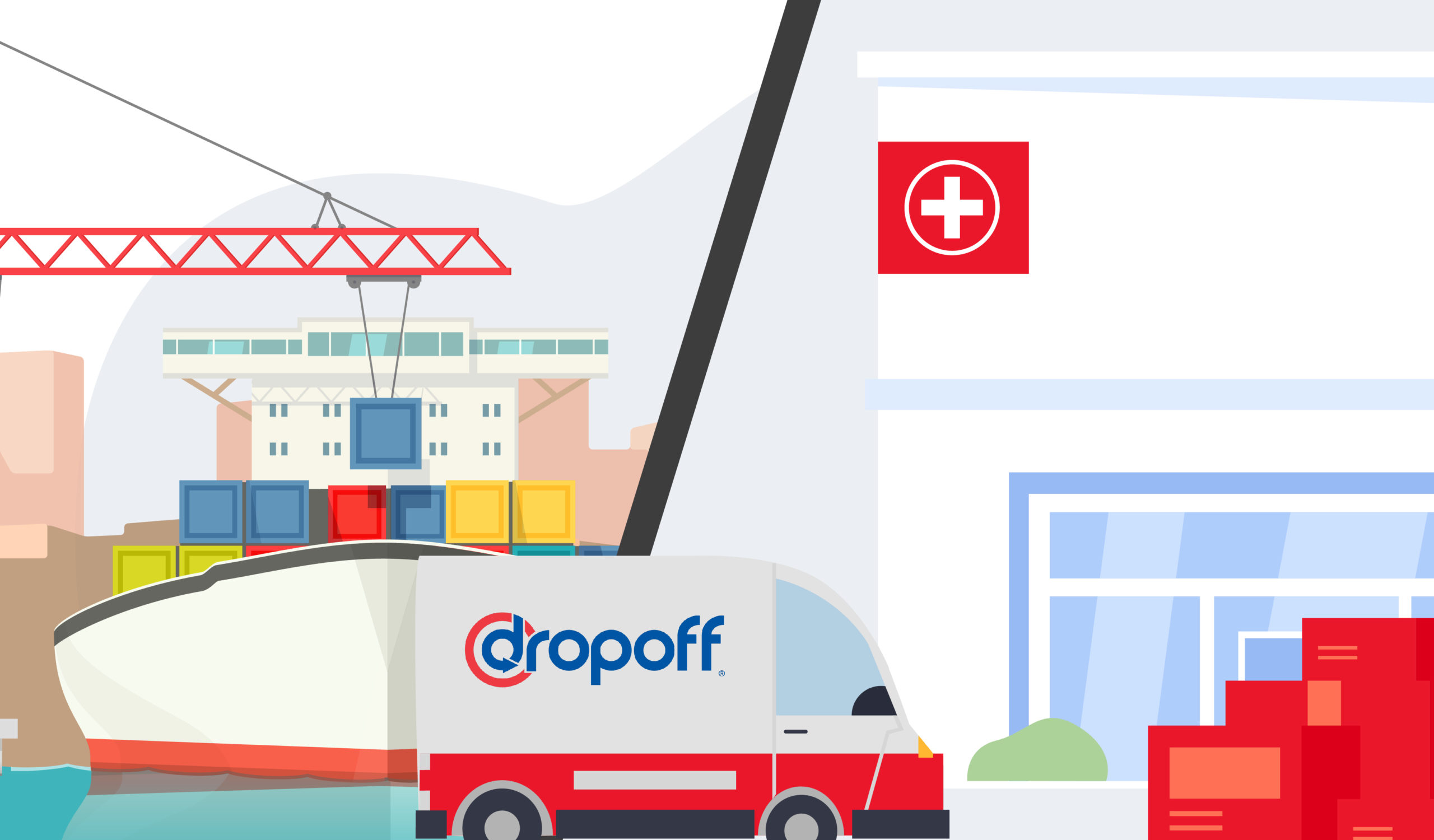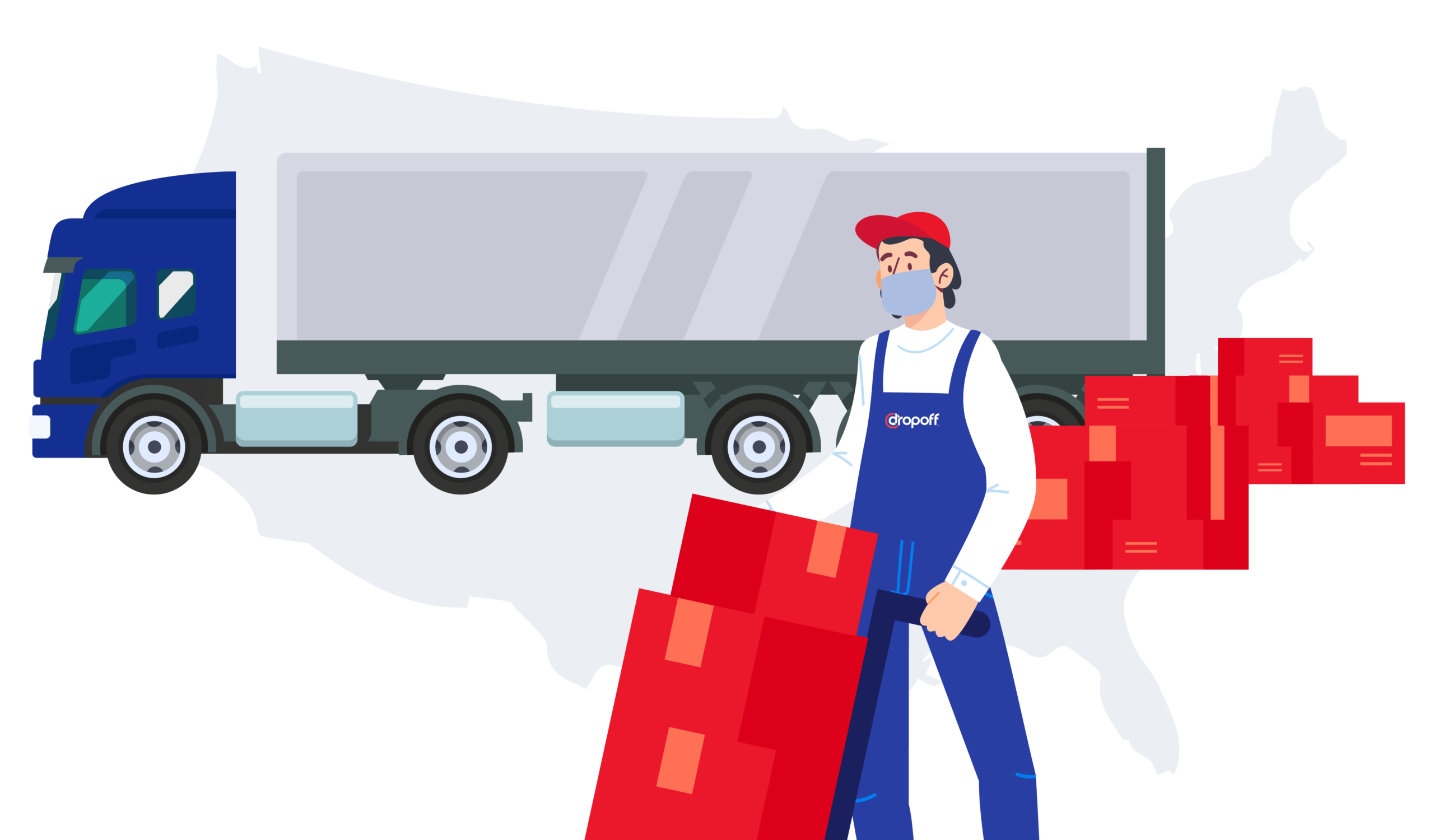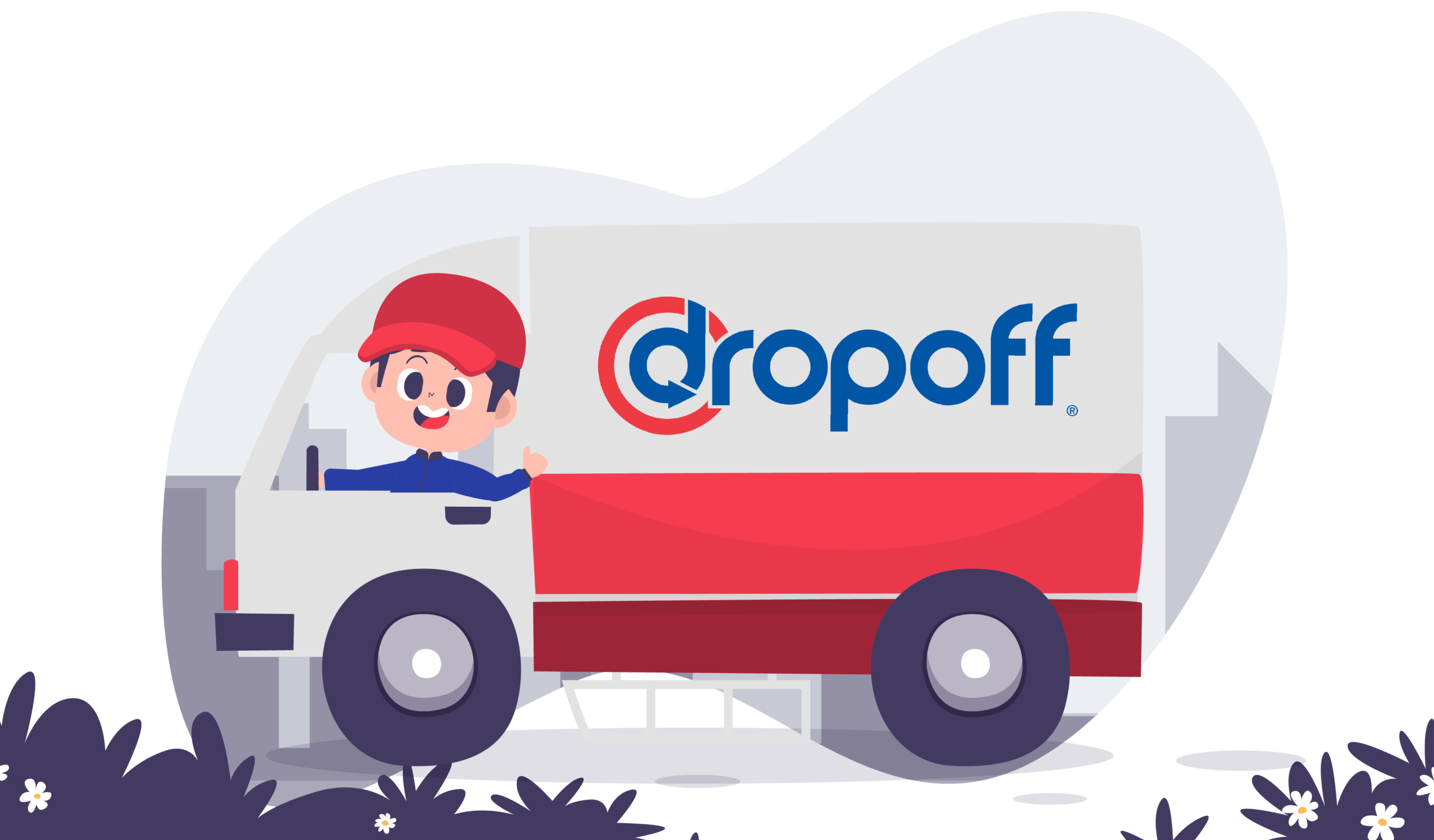5PL Logistics: Everything You Need To Know About
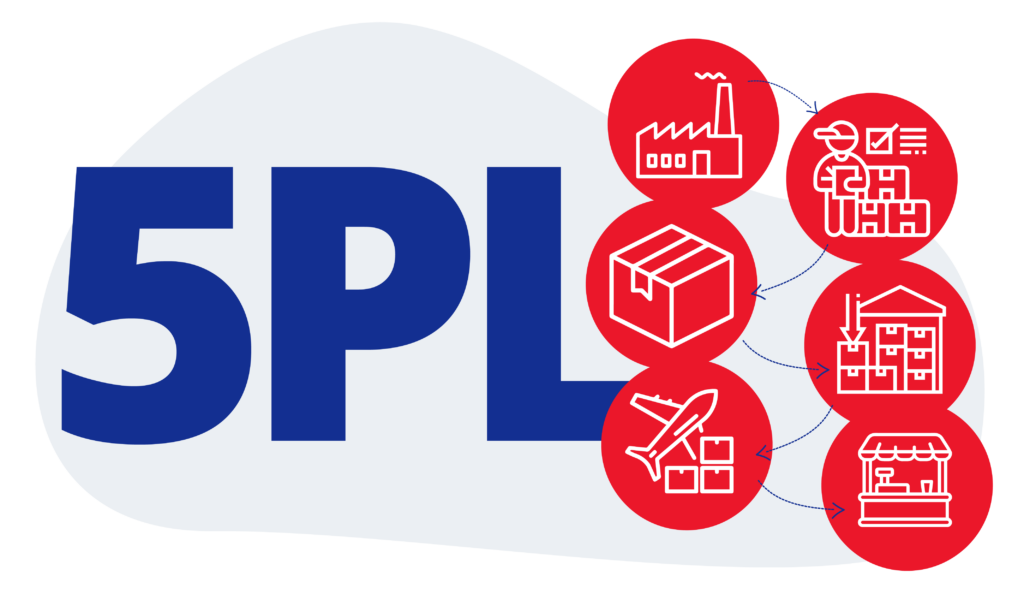
The market of fifth-party logistics, or 5PL, is expected to reach $17.30 billion in 2035, registering a CAGR of 6.5%. Despite its benefits in optimizing the supply chain process of businesses, numerous company owners still skip exploring 5PL services, thinking it’ll cause more harm than good to their logistics management.
The truth is, just like any business strategy, the effectiveness of 5PL service relies on its compatibility with the business. In this blog, we’ll explore the advantages and disadvantages of 5PL and the nature of the leading 5PL service providers to help you see if it fits your business.
Exploring Options in Logistics Supply Chains
Today’s businesses are given the chance to optimize their supply chain with numerous logistics options. Before we delve into 5PL solutions, it’s imperative to understand the other logistics services available in the market today.
- 1PL – Any business directly moving goods between two sites or requiring cargo delivery between two locations can be categorized as a first-party logistics or 1PL provider.
- 2PL – A company that owns resources like container ships, aircraft, heavy-duty trucks, and other heavy goods vehicles (HGV) to deliver goods of businesses to their clients is a two-party logistics or 2PL provider. This includes shipping lines, airlines, hauling services, and even businesses that run warehouse and storage facilities.
- 3PL – When a business decides to fully outsource its logistics process to a different party, including the management of deliveries and other activities, they serve as third-party logistics or 3PL providers. Companies like these usually serve as a bridge to 1PL and 2PL service providers.
- 4PL- Fourth-party logistics or 4PL providers focus on optimizing the entire logistics function rather than delivering individual items. These providers don’t have HGVs or storage facilities, as they offer a more sophisticated kind of supply chain management, which leans more on the consultative and strategic side of business. They provide guidance and solutions for improving a company’s supply chain to increase its ROI.
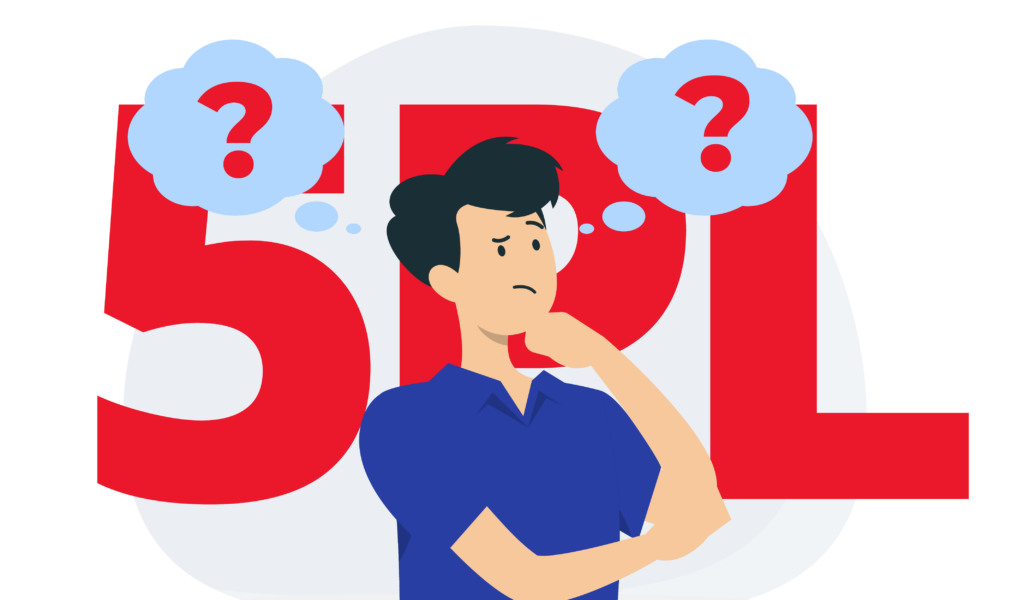
What is 5PL Logistics?
The rise of eCommerce allowed numerous business owners to scale their businesses. This is especially true during the pandemic, as more businesses shifted to digital operations to reach their clients. In a recent study, 20-30% of businesses moved online during the pandemic’s peak. While it definitely brought tremendous growth to numerous industries, these expansions demanded a more complex logistics process. Thus, fifth-party logistics, or 5PL, is introduced to the market.
A 5PL service provider handles all aspects of supply chain management for a client through organizing, planning, and implementing their logistical needs. It goes beyond specific supply chains and focuses on larger supply networks.
A 5PL service provider serves as a single point of contact for multiple 3PL providers to ensure efficient coordination across various regions. 5PLs provide valuable supply chain analytics and business intelligence, aiding businesses in making informed decisions. They excel in managing supplier relationships and procurement activities, fostering productive partnerships.
Moreover, these providers prioritize compliance with regulatory requirements and industry standards, ensuring the supply chain remains aligned with essential guidelines and best practices. This may include sustainability standards, regional transportation rules, warehouse management, and more.
Due to the introduction of technology to various business operations, including logistics, some 5PL service providers even leverage robotics, blockchain, Artificial Intelligence, and Machine Learning technologies to further optimize a business’s supply chain.
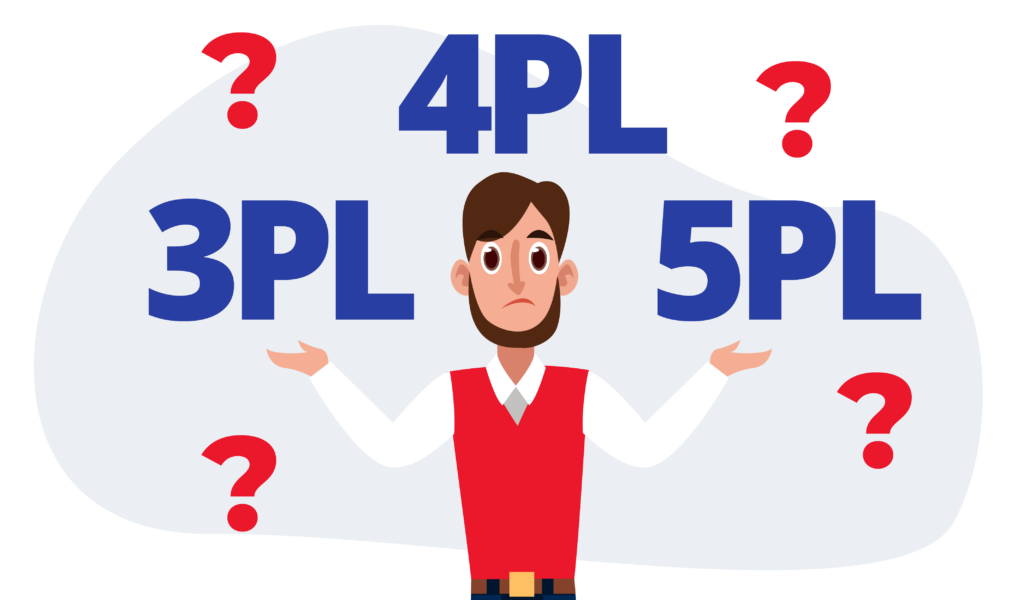
What’s the Difference Between a 3PL, a 4PL, and a 5PL?
Business owners are often confused about whether their company needs 3PL, 4PL, or 5PL services. If you’re one of those business owners, here’s a quick summary of the difference between 3PL,4PL, and 5PL services.
3PL services have been in the market since the early 70’s. The services include management of multiple carriers, warehousing, storage, inventory management, packaging, and delivery services. Inherently, 3PL providers have their own freight trucks, distribution centers, warehouses, and other facilities.
4PL service providers focus more on supply chain management. Instead of having HGVs or other facilities, they capitalize on logistics data to optimize a business’s supply chain. They uncover potential improvement opportunities, resolve delivery bottlenecks, predict potential issues that may affect the operations, and even connect with 1PL, 2PL, or 3PL service providers that may optimize a business’s supply chain.
5PL service providers, on the other hand, combine 3PL and 4PL’s services. They utilize logistics data to plan and manage a company’s supply chain. They connect with key supply chain companies, especially those that offer HGVs, warehouses, and other facilities to implement their logistics plan. They mostly leverage state-of-the-art technologies such as automation, blockchain, RFID, and robotics solutions for supply chain management.
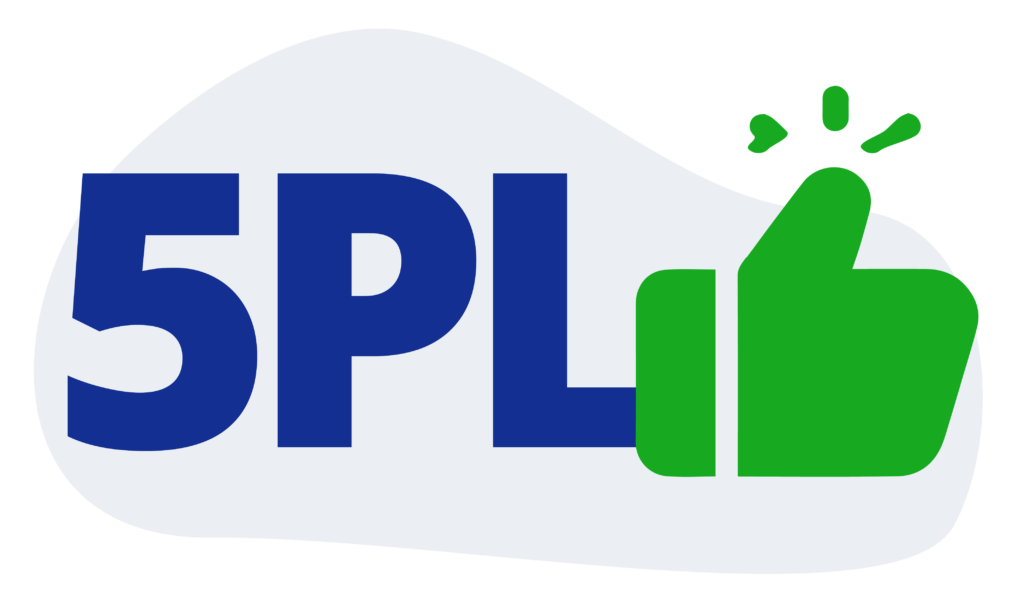
Advantages of Using a 5PL Supply Chain Process
Switching to 5PL logistics can be an effective strategic move for businesses. However, some companies might find the comprehensive solution of 5PL service providers a little overwhelming. If you’re one of those who are still uncertain whether they should get 5PL for their businesses, here are the advantages of 5PL logistic solutions:
Enhanced Efficiency
One of the primary benefits of 5PL provider collaboration is the utilization of their expertise in supply chain optimization. The intricacies of logistics are well understood by these experts, and their knowledge is harnessed to fine-tune your operations. Meticulous planning and route optimization assist in the minimization of transportation costs, resulting in remarkable cost savings for the company—a finding supported by a study conducted by IntechOpen, which reveals that logistics outsourcing can lead to savings of at least 11.8%.
Error and Fraud Reduction
The use of AI and other automated solutions can help business owners detect and prevent fraudulent activities within the supply chain. This includes theft, counterfeiting, and unauthorized access to sensitive data. A single deviation from the planned routing can alert the management and provide logistics data to make informed decisions.
Scalability
The expansion of your reach to international markets is deemed essential for growth and sustainability in an increasingly interconnected world. Extensive networks and resources are offered by 5PLs, both domestically and internationally. Established relationships with carriers, customs authorities, and distribution centers worldwide are in place, enabling easy access to new markets.
Furthermore, as your business grows or faces fluctuations in demand, the scalability of your logistics operations can be adjusted and tailored by a 5PL provider. This flexibility ensures that you can adapt to changing market conditions without encountering major disruptions.
The benefits brought by 5PL service providers are undeniable. Neglecting these advantages may impede the discovery of potential revenue and scaling opportunities for your companies.
Disadvantages of Using a 5PL Supply Chain Process
While 5PL logistics offers numerous advantages, it is essential to be aware of potential drawbacks. These disadvantages must be carefully considered when determining whether a 5PL solution is the right fit for your business:
Premium Cost
One of the most significant drawbacks of opting for a 5PL provider is the potential for higher costs compared to traditional logistics solutions. Comprehensive services that span from procurement to distribution are offered by 5PLs, and this all-encompassing approach often comes at a premium.
Additionally, 5PL providers typically base their fees on the complexity and volume of services required. As your supply chain operations expand, your costs may correspondingly increase.
Increased Dependency
Another potential drawback that can arise when heavily relying on a 5PL provider is the level of dependency. While a 5PL manages various aspects of your supply chain, this can lead to reduced control over specific functions. Some companies may find it challenging to relinquish control over essential elements of their logistics, such as inventory management or order processing.
Over time, a strong dependency on a 5PL can create a vendor lock-in situation. Transitioning away from a 5PL provider can be complex and costly, as the business has become deeply integrated into your supply chain.
While there are only two notable disadvantages of 5PL, businesses must consider these drawbacks. Like any business strategy, business owners should assess the compatibility of 5PL solutions with their businesses before exploring the logistics process.
What Is an Example of a 5PL Company?
Fortunately, business owners now have numerous options when it comes to 5PL service providers. To help you assess which one is more compatible with your business needs, we’ve come up with a quick guide to the top 5PL logistics solutions providers.
UPS Supply Chain Solutions
A division of UPS, a global logistics and transportation company operating in 120 countries with 400,000 employees. They offer comprehensive supply chain solutions, including 5PL services like the UPS Control Tower for real-time supply chain oversight and UPS Supply Chain Symphony for healthcare sector visibility.
DHL Supply Chain
DHL’s subsidiary offers 5PL solutions to global clients, focusing on inventory management, transportation management, and supply chain optimization. They tailor solutions to meet specific client needs.
XPO
XPO stands out for its technology-driven approach, investing in automation and digital tech to enhance productivity and customer experience. They provide 5PL solutions on a global scale, including supply chain optimization, transportation management, and warehouse management.
Maersk
Maersk, the world’s largest container shipping company, incorporates Damco into its logistics division. They offer air and ocean freight forwarding, customs brokerage, warehousing, and supply chain management consulting.
CEVA Logistics
A global logistics organization that offers end-to-end supply chain solutions, including the CEVA Management Tower for real-time visibility. They focus on repeatable, scalable, and sustainable solutions.
SNECI
SNECI, a multinational engineering and consulting firm, specializes in the automotive sector, offering project management, quality management, and 5PL services for cost control and local support.
Kuehne + Nagel
An international logistics firm that provides logistics and supply chain management services globally, including supply chain planning, optimization, inventory management, and transportation management within their 5PL solutions.
DB Schenker
DB Schenker, part of Deutsche Bahn AG, offers extensive transportation and logistics services worldwide, including air, sea, and land freight forwarding, contract logistics, and 5PL services with a vast global network.
Agility
Agility, headquartered in Kuwait, is a leading provider of supply chain services in Southeast Asia, offering 5PL solutions that cover full supply chain management services, including freight forwarding, warehousing, and distribution.
3PL, 4PL, or 5PL: What Does Your Company Need?
Now that you already know the advantages and disadvantages of getting 5PL services and the leading 5PL solution providers, it’s time to assess your business’s compatibility with various logistics processes.
Here are some of the factors you should consider when deciding among 3PL, 4PL, and 5PL solutions.
- Supply Chain Complexity: When deciding on 3PL, 4PL, or 5PL logistics, the complexity of your supply chain is vital. If you need specific logistics like transportation, 3PL suits you. For intricate, end-to-end managed supply chains, 4PL is better. For advanced, tech-driven, and complex networks, consider 5PL.
- Core Competencies: Choosing a logistics provider (3PL, 4PL, or 5PL) should align with your core strengths. If logistics isn’t your core, 3PL allows outsourcing while keeping control. For complete supply chain expertise, 4PL is ideal. 5PL fits businesses focusing on eCommerce and advanced tech optimization due to its AI-driven solutions.
- Control vs. Outsourcing: Balancing control and outsourcing is key. With 3PL, you control specific functions while outsourcing expertise. 4PL outsources the entire supply chain, optimizing efficiently but reducing control. 5PL focuses on tech-driven optimization, enhancing efficiency with less control.
- Scalability: Scaling for growth is critical. 3PL offers scalability for specific functions but may introduce complexity with expansion. 4PL provides flexibility without managing multiple providers. 5PL suits rapid expansion, global eCommerce, and tech innovation.
- Technology and Data Needs: Consider tech and data requirements. 3PL offers services without advanced tech integration. 4PL uses tech for supply chain visibility. 5PL excels in tech, big data, and analytics for efficiency.
- Industry Specialization: Industry specialization matters. 3PL may specialize in specific industries. 4PL tailors solutions to your sector. 5PL suits eCommerce and tech industries with specialized solutions.
- Risk Tolerance: Evaluate risk tolerance. 3PL offers more control but introduces some risk. 4PL requires trust in a single provider. 5PL involves tech-driven optimization, with risks related to data security and tech integration. Choose based on your risk strategy.
Jamoona’s Experience with DHL’s Services
DHL is one of the most popular 5PL partners in the market today. The company identifies exact requirements, plans, executes and manages its client’s entire supply chain network.
DHL’s services, notably their European Fulfillment Network (EFN), played a pivotal role in assisting Jamoona, a newcomer in the e-commerce sector specializing in food and beverage products. Facing a lack of e-commerce expertise and the need for rapid implementation and scalability, Jamoona turned to DHL for a solution. DHL’s expertise enabled a swift implementation within three months, addressing Jamoona’s need for a quick market entry.
The EFN’s standardized B2C e-commerce service allowed for next-day deliveries in key European markets, ensuring fast and reliable customer service. Scalability was another vital factor, as Jamoona had ambitious growth plans, and the EFN’s flexible scaling and transactional commercials supported their business expansion. DHL’s logistical capabilities, including last-mile services, guaranteed the speed of delivery essential in the competitive e-commerce landscape. Ultimately, this partnership enabled Jamoona to successfully launch its e-commerce operations and align its growth with strategic priorities.
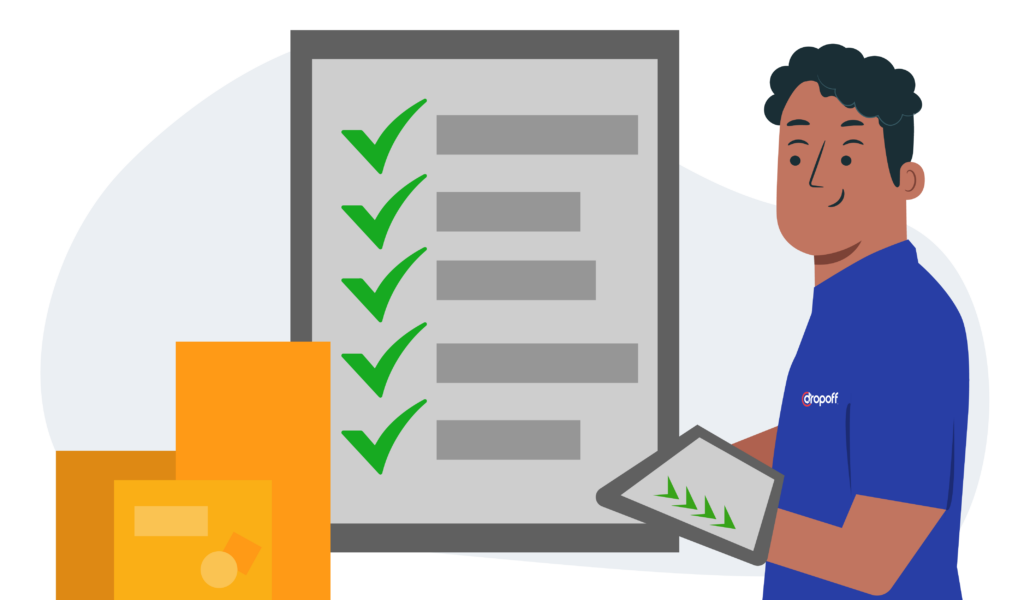
How Dropoff Can Help?
A range of essential delivery services is offered by Dropoff, which can be significantly utilized by businesses in their exploration of 3PL, 4PL, and 5PL services. These services encompass fixed route delivery, overnight and next-day delivery, express and urgent delivery, STAT delivery for critical healthcare shipments, on-demand delivery for flexible logistics, long-haul delivery for extended supply chains, and scheduled delivery for precise planning. A wide array of logistical requirements is aimed to be catered to by Dropoff’s service offerings, whether regular route optimization, fast and reliable deliveries, urgent medical transport, or adaptable logistics solutions required.
Furthermore, significant value is added to businesses across various sectors by Dropoff’s industry-specific expertise, including healthcare, retail, and industrial fields. Whether timely medical deliveries in the healthcare sector need assurance, retail restocking demands require fulfillment, or the intricate logistics needs of the industrial sector need addressing, tailored solutions and logistical support are provided by Dropoff. With Dropoff as a partner, the exploration and optimization of logistics strategies within the context of 3PL, 4PL, and 5PL services can be confidently undertaken by businesses, benefiting from a wide array of delivery options and industry-focused solutions.
Final Thought
Despite the potential benefits of 5PL services for optimizing supply chain operations, some businesses remain hesitant about adopting the 5PL logistics process due to concerns about potential disruptions. To make an informed decision, businesses should weigh the advantages, such as enhanced efficiency, global reach, real-time visibility, and scalability, against potential drawbacks, including premium costs and increased dependency on 5PL providers. Ultimately, the choice between 3PL, 4PL, or 5PL services should align with a company’s specific logistics requirements and strategic goals.
FAQs
A 5PL is responsible for supply chain management, including the organization, planning, and implementation of logistical needs, with a focus on broader supply networks.
The distinction between 3PL, 4PL, and 5PL lies in their levels of logistics management, with 5PL combining data-driven optimization similar to 4PL with tangible assets for implementation.
A disadvantage of 5PL includes the potential for higher costs compared to traditional logistics solutions and an increased level of dependency on the 5PL provider.
The difference between a 4PL and a 5PL is that a 4PL primarily focuses on supply chain management and optimization using logistics data, while a 5PL combines this data-driven approach with the possession of physical assets for logistical implementation.



